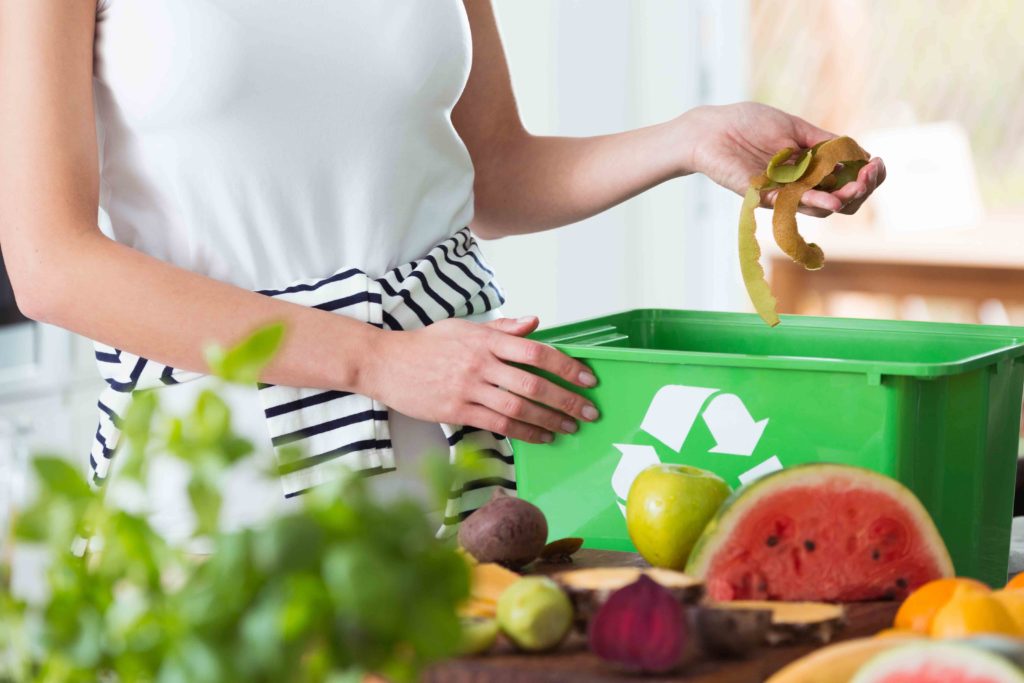Food Waste


Your food waste recycling partner
Food waste recycling involves several methods to convert waste into useful products, reducing the environmental impact of food disposal. Here are some common methods:
- Composting: This process involves breaking down organic food waste into nutrient-rich compost that can be used to enrich soil. There are different types of composting, including home composting and industrial composting. In-vessel composting mixes food waste with garden waste, shredding it and composting it in an enclosed system at high temperatures to kill harmful microbes.
- Anaerobic Digestion: This method uses microorganisms to break down food waste in the absence of oxygen, producing biogas (methane) and a nutrient-rich digestate. The biogas can be used to generate electricity, heat, or transport fuels, while the digestate can be used as a fertilizer.
- Animal Feed: Some waste can be repurposed as animal feed, reducing the need for additional feed production and diverting waste from landfills.
- Biogas Production: Similar to anaerobic digestion, food waste can be processed to produce biogas, which is a renewable energy source. This method helps reduce greenhouse gas emissions and provides an alternative to fossil fuels.
- Vermicomposting: This involves using worms to decompose food waste into high-quality compost. It’s an efficient way to recycle food scraps and is often used in smaller-scale or home composting systems.
By recycling food waste through these methods, we can significantly reduce the amount of waste sent to landfills, lower greenhouse gas emissions, and create valuable products that contribute to a more sustainable environment.
Why work with Clearpoint Recycling?
As the scale of food waste increases and regulations change (learn about Simpler recycling legislation here) investment into this sector is expected to significantly increase in the coming years. As with all investments in recycling a primary blocker to obtaining funds is the lack of guaranteed feedstock to feed the future capacity built into the project. By partnering with Clearpoint Recycling we take care of sourcing feedstock from a wide and diverse supplier base, allowing you to focus on the operational priorities of your business.
How can we help source food waste for recycling?
Get in touch
Our sourcing experts are waiting to discuss your requirements. Our Account Managers have existing relationships with the largest waste generators across Europe, giving us access to a range of material specifications for you to try.

Understand your needs
We know that every plant and process is different, through close collaboration our team will fully understand your requirements, the specifications you need and how you need to receive the material. This allows us to go into the market to find a range of suppliers who produce what you need.

Trial Material
Once we fully understand your needs we can start to work with our production partners to provide trial loads. All compliance requirements will be taken care of to ensure the legal movement of material. At this stage, we want to present as many options as possible to find the right solution for you. Our job is to maximise your choice and minimise your risk.

Establish long term contracts
We know that your investment in this technology is underpinned by the need for consistent offtake of material. We work with a range of suppliers to ensure there is no break in the supply chain, why work with hundreds when you can contract with us and we do all the work?
